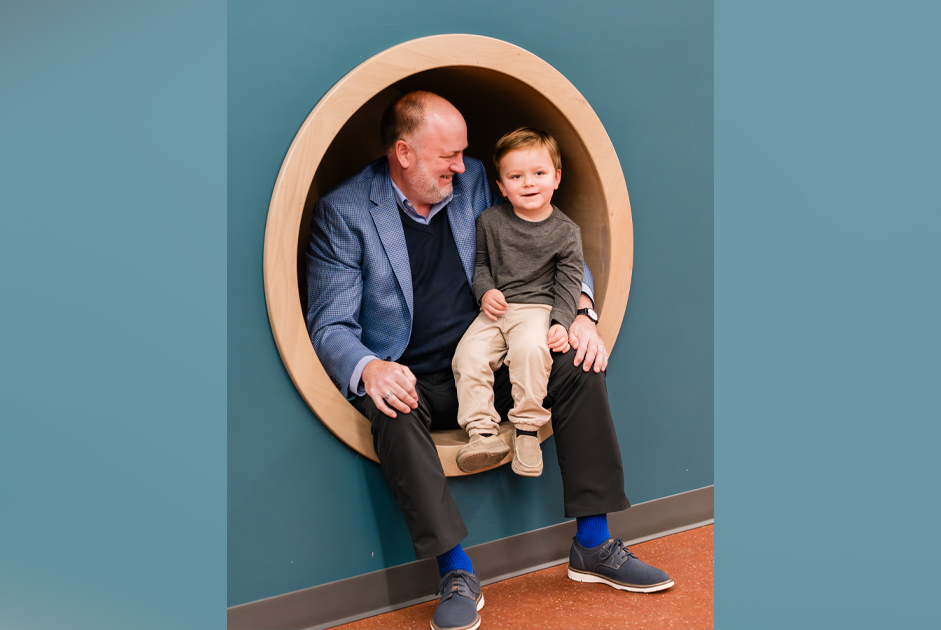Secrets come to a marriage leaving a wife to wonder, “Why didn’t you tell me?” The truth is, he doesn’t want to burden you with his affliction. It may have occurred in his childhood or due to a traumatic incident. After all the years of suppressing feelings, triggers arrive in the form of anger and a confrontation. It can happen in a snap of a finger. As emotional distress reveals itself, it’s not the time to ask questions. The act of remembering or confessing the incident leads to a well of pain; saying the words out loud would admit it happened. He doesn’t want to remember, and quite possibly, can’t recall it.
What is PTSD?
Post-traumatic Stress Disorder is a condition that affects individuals who have experienced a shocking, scary, or dangerous event. As a result, fear triggers a fight-or-flight response, intended to protect a person from harm, even when they are not in danger. As in most traumatic experiences, reliving the moment makes it difficult to remain grounded. Typically, PTSD is associated with men and women in the military; however, the condition can impact a young child, such as a baby. Research shows there are over 600,000 possible combinations of PTSD symptoms.
The symptoms may include:
- Intrusive Memories: Recurrent, unwanted distressing memories of the event.
- Avoidance: Avoiding places, activities, or people connecting to the moment of trauma.
- Negative Changes in Thinking and Mood: Negative thoughts about one’s self, feeling hopeless about the future, and difficulty maintaining close relationships with family and friends.
- Changes in Physical and Emotional Reactions: Always being on guard for danger, difficulty sleeping, concentrating, showing signs of irritability, angry outbursts, being easily startled, or exhibiting self-destructive behavior.
Evidence of the symptoms is revealed as depression, frequent nightmares, increased anxiety, heart rate, and blood pressure.
What to Do
Wives first need to understand the problem. It may take time for a spouse to reveal the story. It’s the reason he may not like crowds, loud events, or socializing in confined places. When explanation are given, such as: “…because something might happen,” it’s time to find an outlet to unlock the closed doors of the mind. Therapy comes in a variety of forms. The act of surrendering will be a breakthrough and a decision to take back control.
Breathing Activities
Stress releasing exercises are one cure that uses the center of gravity in the body to send signals along the spine, releasing deep muscular patterns of stress, tension, and trauma. The TRE method, Tension and Trauma Releasing Exercises, acts as an internal massage, allowing the brain to produce feelings of relaxation. Participants of the TRE method claim the exercises offer healing, a return to peace and well-being, improved sleep quality and flexibility, and that they can reclaim complete control over the mind and body.
Cognitive Behavioral Therapy
CBT, a talk therapy, involves meeting with a mental health psychotherapist to learn ways to control negative thinking. The goal is to become aware of thoughts, emotions, and beliefs and find an effective response. In addition, CBT helps individuals learn coping techniques, reshape ideas, and manage emotions and communication strategies.
A PTSD Home
It may sometimes feel overwhelming for wives to give support in the moments when an event triggers a spouse; however, marriage doesn’t have to be so complex or despairing. Help is available; wives can join a PTSD support group on social media to build an encouraging support system. Additionally, they can become an advocate of therapy, whether it teaches the tools directly to the spouse, the wife, or both. Education and support can help minimize an episode while building a stronger relationship. Finally, patience, prayer, and love are most needed, especially when a loved one living with PTSD feels they don’t deserve it.
Post-traumatic Stress Disorder often impacts the wives, too. Perhaps you react to loud noises, such as the tinkling of glasses when emptying the dishwasher or jumping at a nearby cell phone notification. Be gentle to yourself. The entire family experiences trauma; the solution is to ensure a stable home with a viable support structure!



















